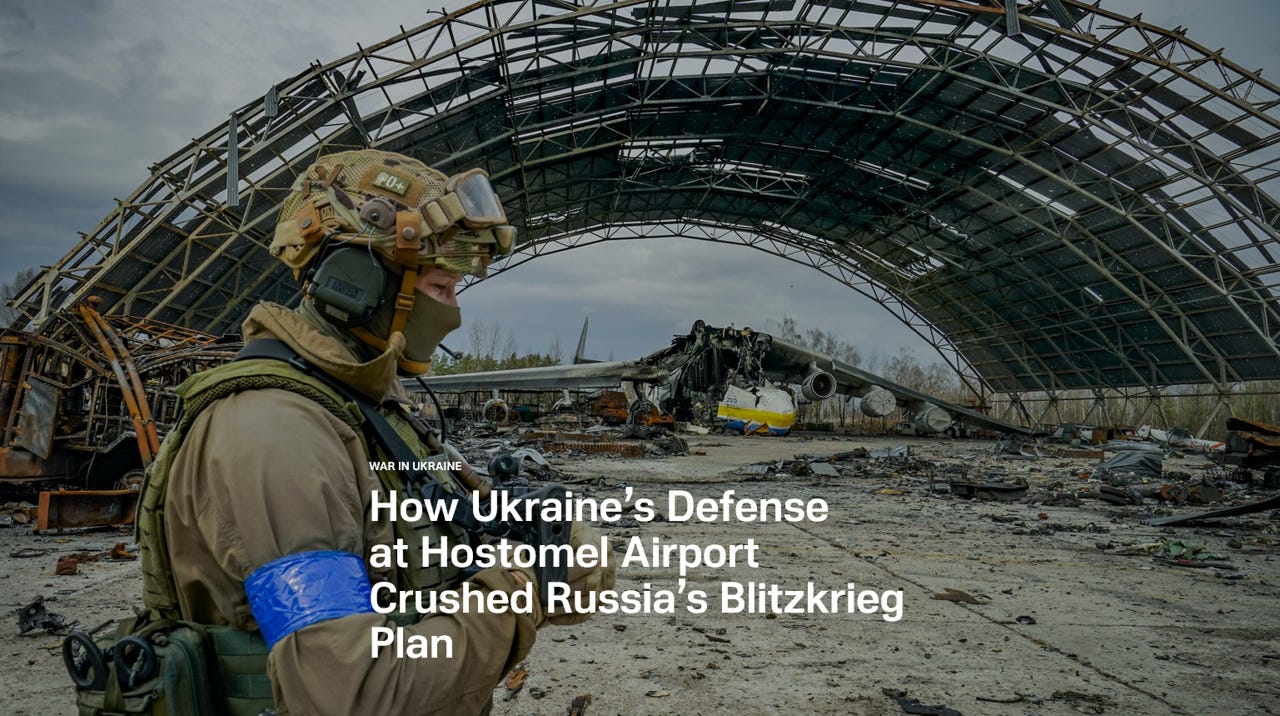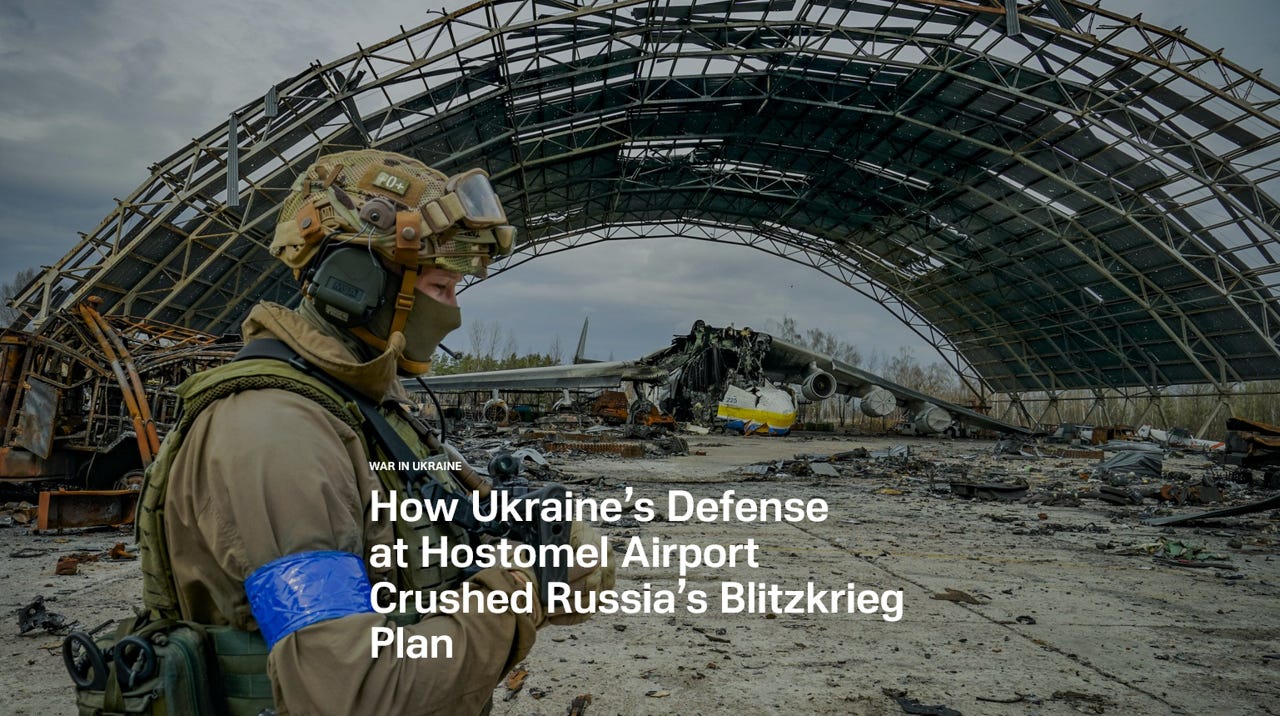The Fog of War
Lesson 2
Reminder of the Purpose & Structure of This Substack
As mentioned in my previous Substack, I’ve come across a wide range of perspectives on how and when the war in Ukraine might end in recent days—and what such an outcome could mean for global markets. Some have even suggested we may be approaching a kind of “Peace Black Swan,” an unexpected resolution with far-reaching implications, as hinted at by India’s Foreign Minister.
In this two-part Substack series, I want to approach this important topic a little differently, for which I have my reasons.
In Part 1, I’ll share lessons from past wars—lessons I believe are just as relevant today as they were then, yet remain largely unknown or overlooked in mainstream discourse. These historical insights may help us better understand what could unfold in the coming weeks and months, especially given that the President of the United States now appears serious about bringing this godforsaken war to a resolution.
In Part 2, I’ll shift focus to key commodities—particularly those exported by Russia and Ukraine—and explore how they might be impacted by various potential outcomes. I’ll cover oil, oil products, natural gas, base metals, and fertilizers. I may also touch on a few niche areas where I believe we have an analytical edge, such as European defense stocks. However, I’m unlikely to delve into soft commodities like wheat, corn, or soybeans in this series.
The War That Was Supposed to Last Ten Days
When Russian forces stormed into Ukraine on February 24, 2022, they didn’t just bring tanks — they brought assumptions. Moscow called it a "special military operation," predicting victory in a matter of days. Soldiers were issued rations for just 72 hours.
State media prematurely published a triumphalist article celebrating Ukraine’s fall, only to hastily retract it when the advance stalled. Russian lawmakers spoke of a “non-invasion” that would be over before the world had time to react. Yes, the FSB plan was to conquer Kiev before Western nations had time to even sanction Russia for its invasion.

But the campaign they launched — with pre-written speeches, planned parades, and a scripted collapse of Kyiv — collided with reality: Ukrainian resistance, Russian logistical failures, and the strategic blindness of an autocracy.
What was meant to be a rapid decapitation of Kiev went wrong within a few days of the special military operation (how Russia gave away victory in Ukraine within the first 10 days) and turned into a war of attrition, and a geopolitical shock that reshaped global security overnight—only because Moscow ignored the valuable lessons of basically ever single war for the past 250 years.



